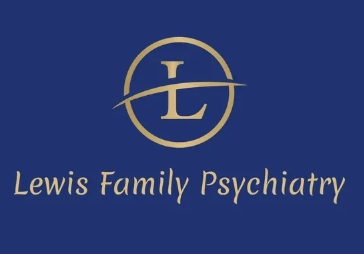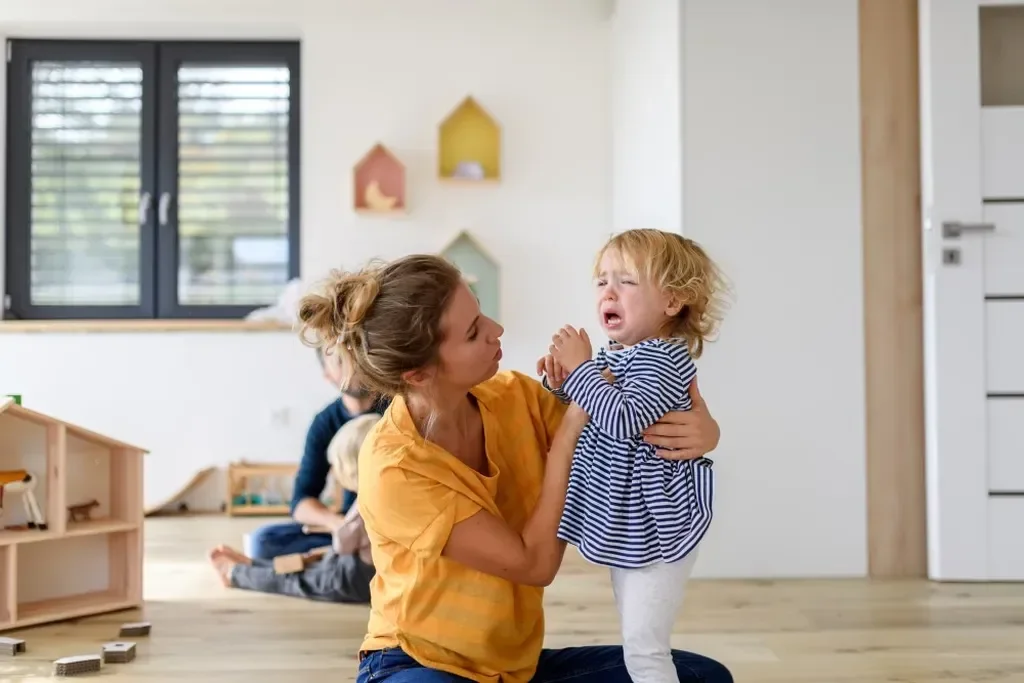Childhood Anxiety: Root Causes and Helpful Solutions
While a basic level of anxiety is natural and can even be helpful, it can turn harmful if it escalates in scale, scope, or duration. Read on to learn about causes and treatment strategies.
Growing up and becoming more independent can be stressful. Fear of the dark, separation issues, concerns about homework, and more are common worries for many children.
When this anxiety becomes heightened and interferes with daily activities, however, it can signal a problem. Fortunately, treatments are available to help kids dial down their worries and get more enjoyment out of life.
From our home base in Wellington, Florida, our highly skilled team of psychiatric nurse practitioners at Lewis Family Psychiatry provide supportive and convenient telemedicine care for anxiety, depression, and other mental, emotional, and behavioral health concerns. We treat people of all ages throughout the state with individualized holistic care plans.
Anxiety basics
Anxiety is a natural reaction to something that seems threatening or dangerous and is designed to keep us safe. However, up to 20% of children develop more extreme or longer-lasting fears that can affect their physical and mental health.
Some examples include separation anxiety, specific phobias, social anxiety, generalized anxiety, and panic disorders.
Anxiety causes
Anxiety can have different causes depending on the individual. For some, genetics plays a role with children being more likely to suffer from the disorder if a relative does as well. Issues with brain chemistry, including neurotransmitters, can also be a cause.
Other kids develop anxiety due to difficult life circumstances such as abuse, violence, or the serious illness or death of a loved one. It’s even possible for anxiety to be learned, with children imitating behaviors of an anxious or fearful family member.
Anxiety treatment strategies
Often a combination of strategies works best to address anxiety. Options include:
Healthy lifestyle
A lifestyle including healthy food choices, exercise, and adequate sleep can help children manage their mental health. Breathing exercises and meditation may also aid in relaxation and lower stress. Taking certain supplements might be another possibility to help bring relief.
Cognitive behavioral therapy
Cognitive behavioral therapy can help kids learn vital skills to cope with their anxiety. Examples include learning to identify triggers and challenging unhelpful thoughts, as well as role-playing what they would do in certain uncomfortable situations.
Medication
In some cases, medication may be recommended in addition to therapy. When the anxiety is heightened, the child cannot function well enough to control their symptoms. Medication can help reduce the symptoms so the child can work effectively in therapy. This decision and the type of medication prescribed are personalized to your child and their situation. Genetic testing may be conducted to help determine which medications might work best.
Anxiety can feel overwhelming at times for children and their parents but with proper treatment, it can be successfully addressed.


